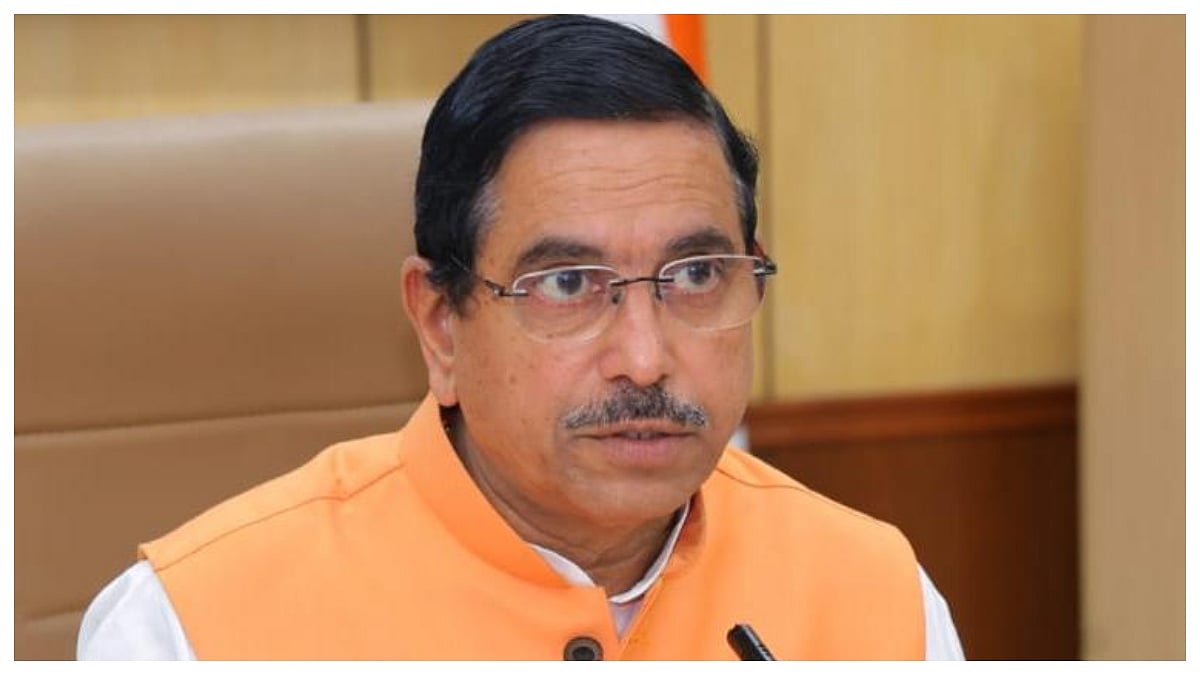New Delhi: Young Indian professionals are prioritising savings, investments, and debt repayment over discretionary spending, according to a report on Tuesday. The report by job site Naukri, based on a nationwide survey of over 20,000 job seekers earning up to Rs 12.75 LPA -- who fall in the zero-tax bracket as per the new FY’26 tax regime -- revealed a decisive tilt towards financial prudence.
Nearly 60 per cent of respondents were found channeling their surplus income into savings and investments, while 30 per cent are using it to repay debts. Only a small fraction is directing the additional money towards immediate consumption, with 9 per cent upgrading their lifestyle and just 4 per cent spending on travel and leisure.

The report highlighted that professionals in emerging technologies are leading the charge, with 76 per cent saving their surplus income, followed by those from auto (63 per cent) and pharma (57 per cent). Employees in the FMCG (64 per cent) and hospitality (over 60 per cent) sectors are among the most committed to long-term retirement planning and investments.
“The findings underline a generational shift in financial behaviour: young Indian professionals are building a foundation of long-term security rather than opting for immediate consumption, with regional and industry-wise nuances adding further depth to this evolving trend,” the report said.

On the other hand, freshers, in their first jobs, were found to be the most likely to spend their tax surplus on lifestyle upgrades (31 per cent) and travel (14 per cent). However, with just one year of experience, 69 per cent are prioritising savings, more than double the proportion of fresh graduates at 34 per cent. Delhi and Gurgaon top the charts in savings, with 63 per cent and 64 per cent of professionals, respectively, setting aside their surplus income.
Chennai stands out with 44 per cent of respondents focusing on debt repayment, while Mumbai emerges as the leader in retirement-oriented savings, with 51 per cent channelling their extra income specifically towards retirement funds.
Notably, the report also showed that the awareness of the new tax regime remains uneven. While freshers are the most informed, with 64 per cent reporting complete awareness of the benefits, 57 per cent of professionals with over five years of experience also reported being fully aware. Overall, 43 per cent of respondents admitted they were either unclear or entirely unaware of the changes.
Disclaimer: This story is from the syndicated feed. Nothing has changed except the headline.










